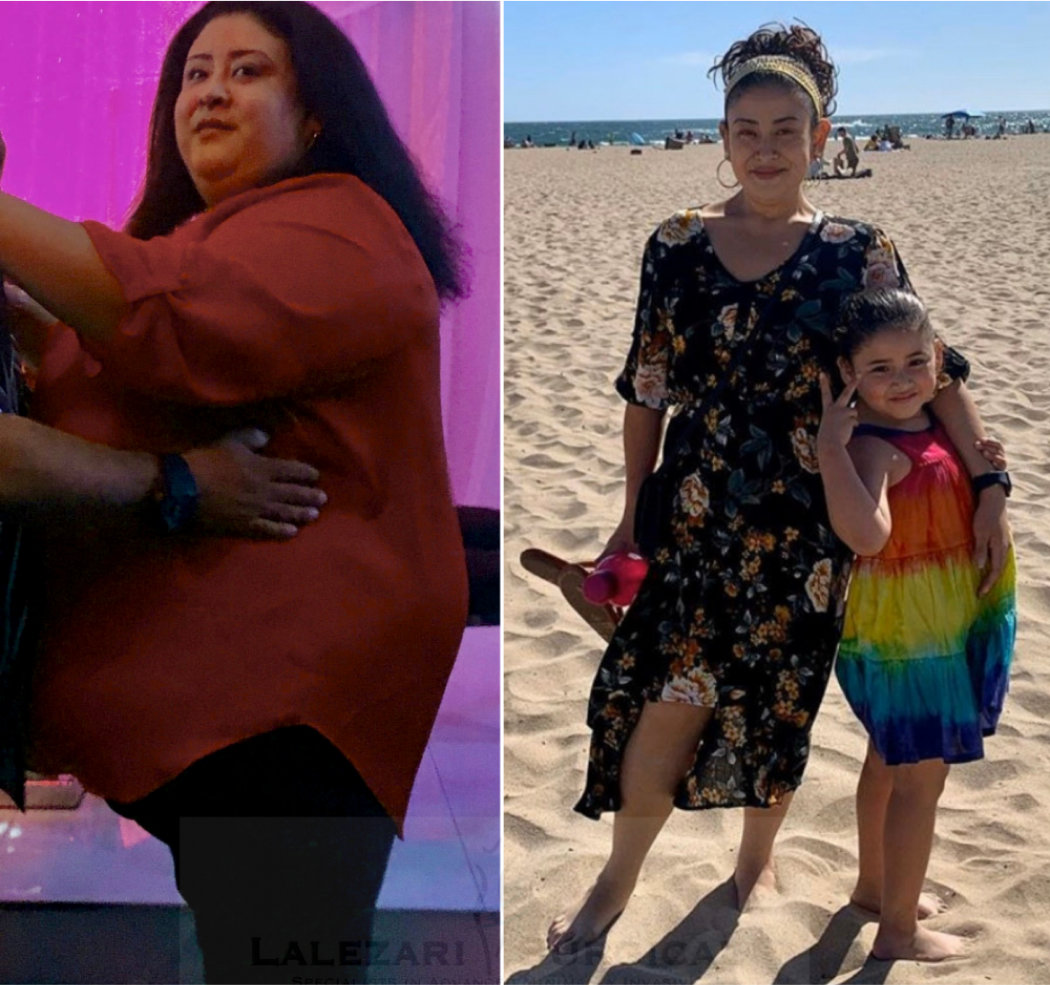
Undergoing bariatric surgery is a transformative step toward achieving a healthier weight and improving overall well-being. While the physical benefits are often immediate, the journey to mental and emotional wellness, particularly concerning body image and self-confidence, can be more complex. At Lalezari Surgical, led by Dr. Sepehr Lalezari—a renowned expert in minimally invasive bariatric and general surgery—we recognize the importance of addressing these aspects to ensure a holistic recovery.
Understanding the Emotional Journey Post-Surgery
Weight loss surgery brings about rapid physical changes, which can sometimes lead to mixed emotions. Patients may experience joy and relief alongside feelings of anxiety or uncertainty about their new appearance. It’s essential to acknowledge that these emotions are normal and part of the adjustment process.
Common Emotional Challenges
- Body Dysmorphia: Despite significant weight loss, some individuals may still perceive themselves as overweight or struggle to accept their new body image. This disconnect between perception and reality can impact self-esteem.
- Identity Shifts: Losing a substantial amount of weight can alter how individuals see themselves and how others perceive them, leading to identity adjustments.
- Relationship Dynamics: Changes in appearance and self-confidence can affect personal relationships, sometimes leading to unexpected challenges.
Statistics Highlighting the Psychological Impact
Research indicates that mental health conditions are more prevalent among those who undergo bariatric surgery. A study by UCLA Health found that nearly 25% of bariatric surgery patients suffer from mood disorders, and nearly 20% are diagnosed with binge eating disorder prior to the procedure.
Additionally, a study published in JAMA Surgery reported that 37% of patients had mental health symptoms when evaluated three and five years after surgery.
Tips for Enhancing Mental Wellness
- Seek Professional Support: Engaging with a therapist experienced in body image and weight loss can provide valuable coping strategies and emotional support.
- Join Support Groups: Connecting with others who have undergone similar experiences can offer a sense of community and shared understanding.
- Practice Self-Compassion: Be patient with yourself. Recognize that adjusting to a new body takes time, and it’s okay to have mixed feelings.
- Set Realistic Goals: Focus on health and well-being rather than solely on appearance. Celebrate non-scale victories, such as increased energy levels or improved mobility.
- Engage in Mindfulness Activities: Practices like meditation, yoga, or journaling can help in managing stress and fostering a positive self-image.
Services Offered at Lalezari Surgical
At Lalezari Surgical, we offer a comprehensive range of services to support your weight loss journey:
- Bariatric Surgery: Including Sleeve Gastrectomy, Gastric Bypass, and Adjustable Gastric Banding, tailored to meet individual needs.
- Medical Weight Loss Programs: Personalized plans that may include medications like Semaglutide and Tirzepatide to assist in weight loss.
- Procedural Weight Loss Options: Non-surgical procedures such as Endoscopic Sleeve Gastroplasty (ESG) and Gastric Balloon placements.
Dr. Sepehr Lalezari, who completed a bariatric and minimally invasive surgery fellowship at Johns Hopkins Medicine, leads our team with expertise and compassion.
The Role of Lalezari Surgical in Your Journey
At Lalezari Surgical, we are committed to supporting our patients beyond the operating room. Our comprehensive care approach includes resources and referrals for mental health support, ensuring you have access to the tools needed for a successful emotional recovery.
Remember, achieving mental wellness after bariatric surgery is a journey. By addressing both the physical and emotional aspects of recovery, you can build a healthier, more confident self.
Posted on behalf of

